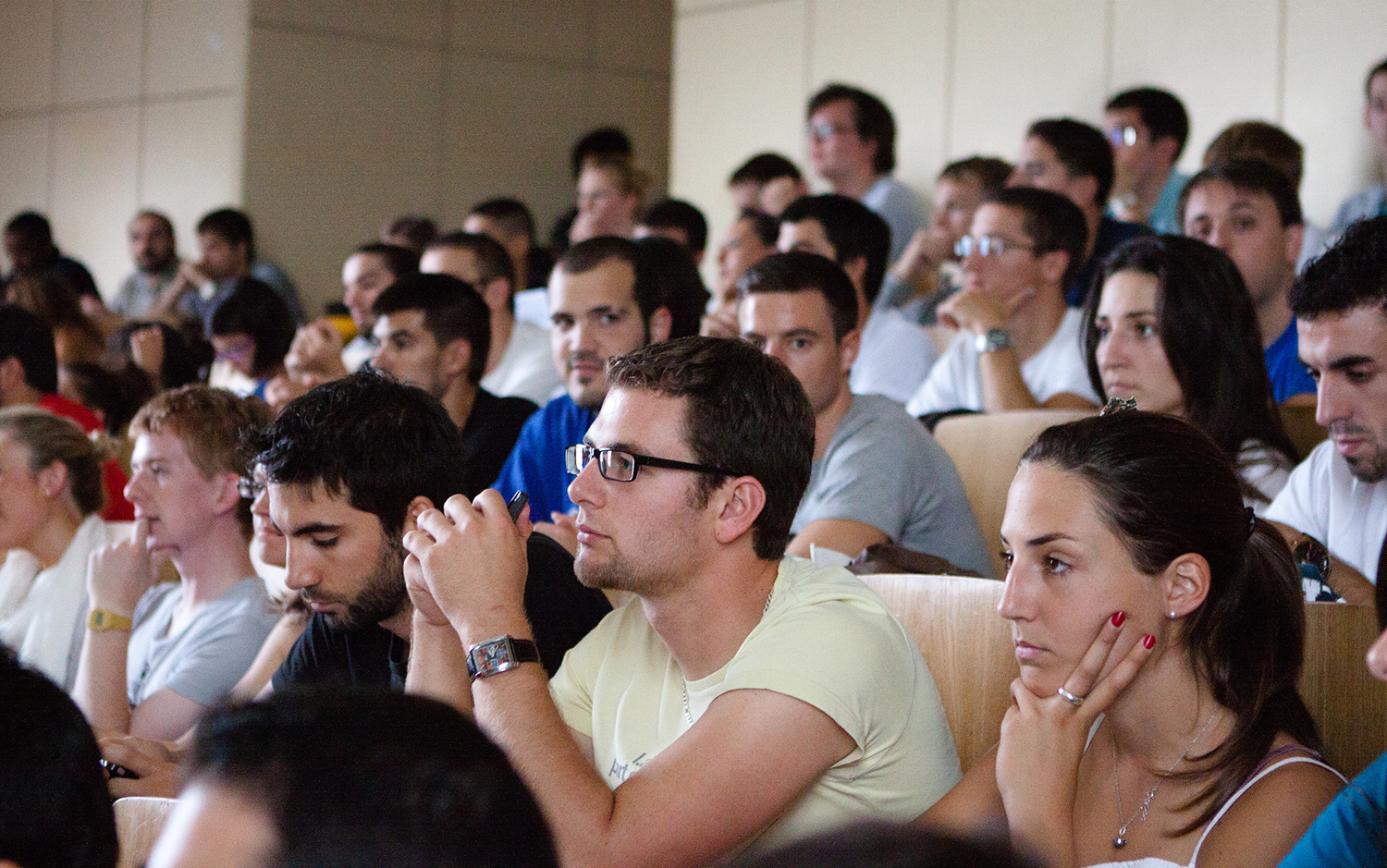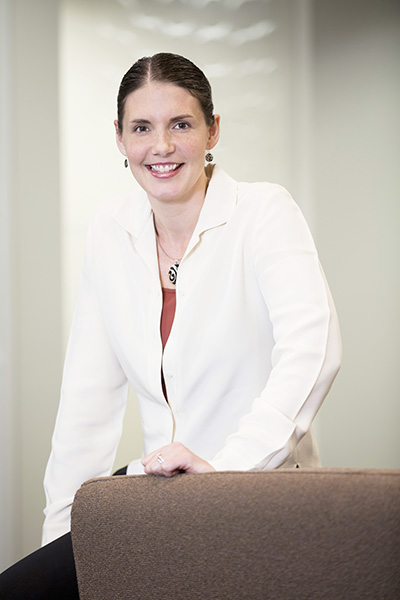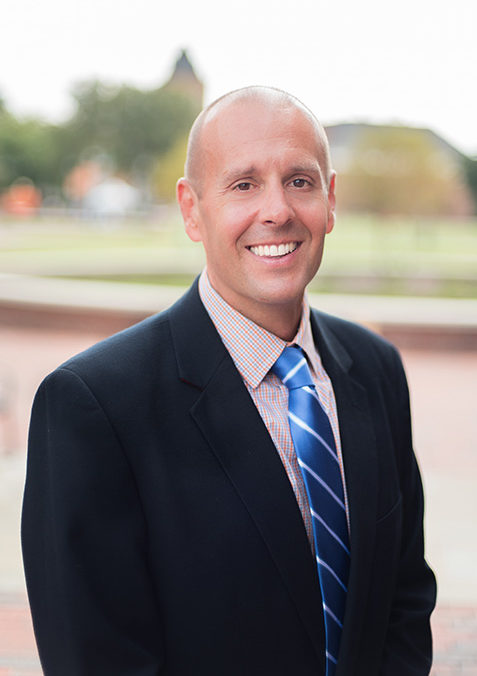Getting high school students interested in theology sounds like a pretty tall order.
In the age of “nones” and “dones” and continuing declines in religious adherence, younger generations have been identified with a less-is-more attitude toward faith.
But that assumption is getting some pushback from organizations convinced that youth would embrace theology when it’s proven to have practical and meaningful applications in their lives.
“What’s causing teens to disengage from churches? It’s not the faith, but it’s the church,” said Brian Foreman, an adjunct professor at Campbell University Divinity School in Buies Creek, N.C., where he teaches about Christian education and church leadership.
“Perhaps we have not given them enough space to look at what it means to be a follower of Christ,” he said.
In an effort to provide that space, the Lilly Endowment, Inc., has given more than $44 million in grants to more than 90 colleges, universities and divinity schools for four-year High School Youth Theology Institutes.
Among them are Campbell and Baylor universities. Others range from Church of Christ and Nazarene to Catholic institutions.
No two of the 90-plus institutes are totally alike, said Jodi Porter, coordinator of the youth institutes with the Forum for Theological Exploration, which partners with Lilly to support the programs.
The institutes operate on a cohort model featuring both classroom and hands-on experience during summer intensives.
Some programs focus on social justice, others on racial reconciliation and environmental justice. Other approaches include career development, religious literacy and athletics.
“Every program has chosen to take advantage of their grants differently,” Porter said.
Students may attend an institute in their city or travel to another community or state if they are interested an organization’s topic.

More than 90 colleges, universities and divinity schools are hosting High School Youth Theology Institutes. The program encourages students to consider how faith can be integrated with work, sports and other activities. (Photo/Jirka Matousek/Creative Commons)
But all of the institutes help students explore scripture and sacred traditions and offer opportunities to explore modern ethical and moral challenges, Porter said.
“We at least want them to connect faith with their lives and to see how faith can make a difference in sports or creation care or racial reconciliation and these other topics.”
‘An incubator feel’
At Baylor’s George W. Truett Theological Seminary, John White acknowledged that many people feel it’s a stretch to connect faith and athletic competition.
But that’s the goal of Truett’s Youth Spirituality and Sports Institute, also known as Running the Race Well.
The seminary received $600,000 from the Lilly Endowment to launch its sports-centric theology program, which will host its first set of participants in 2018.
The Truett approach is centered around a summer retreat where participants will interact with faculty and mentors, said White, the institute’s faculty director and head of Truett’s sports ministry and chaplaincy program.
Topics include moral and social issues inherent in sports and life and learning leadership skills. The students also will practice spiritual disciplines, undergo immersion experiences and serve those in need at Mission Waco, a local nonprofit.
“These are not campers. We don’t look at them as students but as scholars.”
“Our focus is on how faith is integrated into sports,” White said. “We want young folks to rethink and reimagine how they participate in sports.”
Students will be placed in competitive scenarios that will test patience, compassion and prayer. One game situation will simulate what it’s like to face a team that is being favored by officials.
“We want to simulate the issues Christians face in harmonizing faith with issues of violence, anger, body type, race and gender – then give them time to debrief,” White said.
The idea at Truett, and at the other institutes, is to provide a mix of theological study and reflection with practical experience.
“We want it to have an incubator feel,” White said.
Presented the right way, studying and talking about faith will appeal to young people.
“They want to think theologically.”
Scholars, not students
They are counting on that at Campbell.
Youth are not turned off by faith and spirituality. Rather, they are often disillusioned by what they consider to be a legalistic and judgmental church, said Foreman, director of the Campbell Youth Theological Institute.
While they are often uninterested in exploring traditional callings to the ministry, youth are still curious about how other interests may hold sacred dimensions.
So Campbell’s approach to the institute is to draw on resources from around the university, including the law and pharmacy schools, public health, business and medical and nursing programs.
Experts from those disciplines and from the divinity school will expose students to what it means to work in those fields with a sense of purpose and meaning, Foreman said.
“We dreamed about how we could get them to think about faith and vocation and to consider what calling means in that context.”
Campbell’s first cohort is scheduled to arrive this summer for a two-week residential experience.
“These are not campers,” Foreman said. “We don’t look at them as students but as scholars.”




